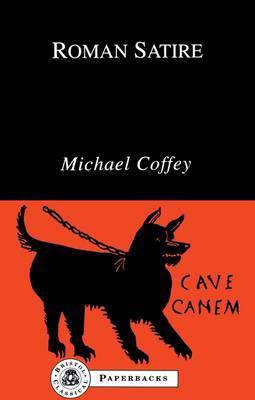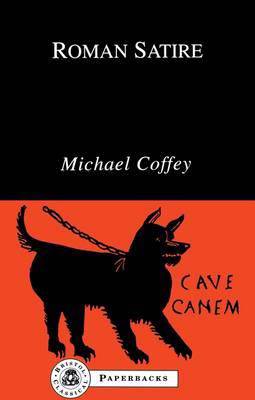
- Retrait gratuit dans votre magasin Club
- 7.000.000 titres dans notre catalogue
- Payer en toute sécurité
- Toujours un magasin près de chez vous
- Retrait gratuit dans votre magasin Club
- 7.000.0000 titres dans notre catalogue
- Payer en toute sécurité
- Toujours un magasin près de chez vous
Description
This study appraises the work of all the Roman satirists, from the 2nd century BC, to the end of the reign of Hadrian in AD 138. The satirists' work is shown to reflect the constantly changing society in which they lived, and its topics range from the morally earnest to the bawdy. Certain themes are examined which are common to some degree to all the satirists - autobiographical revelation, personal invective, political and ethical judgements and literary criticism. The book provides an exposition of the tradition of verse satire from Lucilius through Horace and Persius to Juvenal, with an assessment of the structure and distinctive literary quality of each satire. It discusses satire in the Menippean tradition, a composite form of prose and verse which was used first by Varro, then by Petronius and by Seneca in his "Apocolocyntosis", a comical and malicious satire on the deification of the emperor Claudius.
Spécifications
Parties prenantes
- Auteur(s) :
- Editeur:
Contenu
- Nombre de pages :
- 320
- Langue:
- Anglais
- Collection :
Caractéristiques
- EAN:
- 9781853990465
- Date de parution :
- 23-03-95
- Format:
- Livre broché
- Format numérique:
- Trade paperback (VS)
- Dimensions :
- 167 mm x 216 mm
- Poids :
- 394 g

Les avis
Nous publions uniquement les avis qui respectent les conditions requises. Consultez nos conditions pour les avis.






